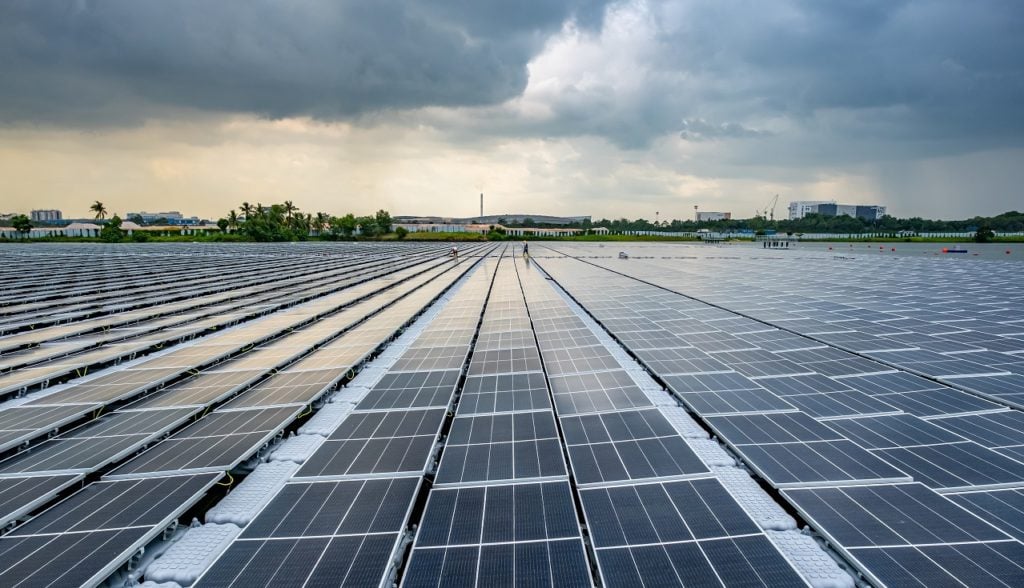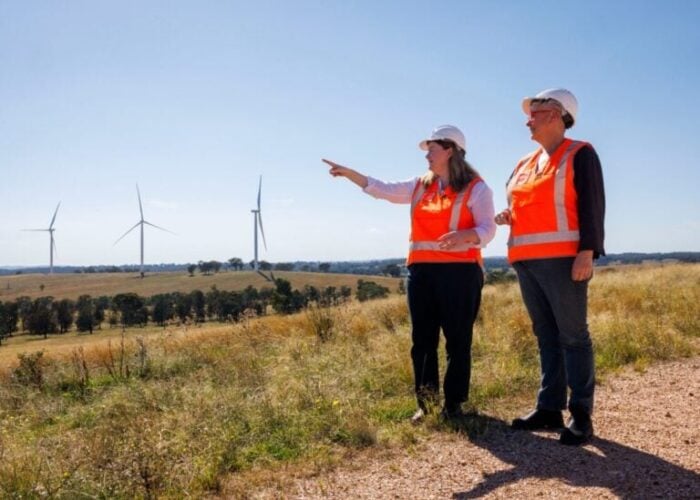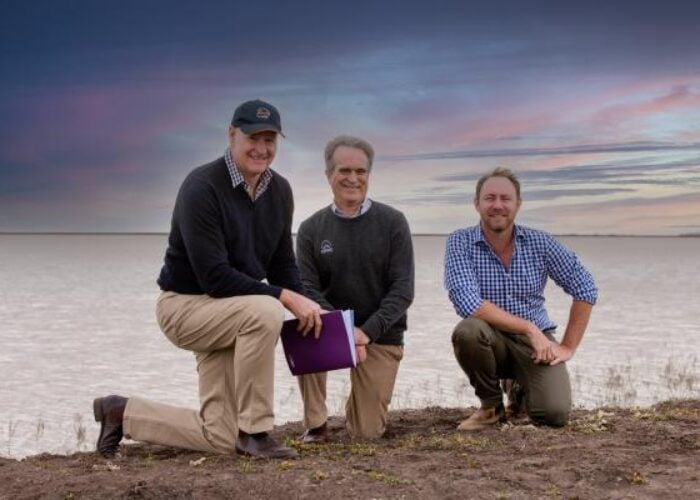
Corporate power purchase agreements (PPAs) have hit record levels in the Asia Pacific region as fuel prices rise and the cost of renewables falls, according to Wood Mackenzie principal analyst, Kyeongho Lee.
The region is forecast to see 7GW of renewable capacity contracted to corporations this year, an 80% increase on 2021. The dramatic increase has largely been driven by corporate and governmental decarbonisation targets; India has targeted 50% decarbonised energy by 2030 and Australia aims to cut emissions by 35% by 2030.
Unlock unlimited access for 12 whole months of distinctive global analysis
Photovoltaics International is now included.
- Regular insight and analysis of the industry’s biggest developments
- In-depth interviews with the industry’s leading figures
- Unlimited digital access to the PV Tech Power journal catalogue
- Unlimited digital access to the Photovoltaics International journal catalogue
- Access to more than 1,000 technical papers
- Discounts on Solar Media’s portfolio of events, in-person and virtual
Lee said, however, that the soaring costs of LNG, oil and coal – all more than doubling since 2019 – and falling costs of renewables over the same period have seen clean PPAs become increasingly attractive as a reliable and affordable energy source. Utility-scale solar has seen a 4.9% price drop since 2019, whilst commercial solar has fallen 14.2%.
Solar energy currently accounts for 57% of the contracted PPAs across the whole Asia Pacific region to date, though since 2020 wind has caught up, almost levelling the playing field with 44% in the first half of 2022. This near-equitable split holds true in Australia, where solar and wind account for 45% and 43% of PPAs respectively. India sees solar occupying 82% of its PPAs whilst Taiwan has 89% wind power. These three countries represent 89% of the overall renewable PPA capacity in the region, Lee said.
Across Southeast Asian countries, the majority of PPAs are solar and the majority of those are rooftop projects. This, Lee said, limits their size and contribution to capacity.
The majority of the PPAs signed in the region are contracted to the industrial sector, 43% of which is taken up by electrical equipment manufacturers. Mining accounts for 18% of industrial PPAs, and in Australia companies including BHP and Newcrest have PPAs to power their mining operations.
“The top developers in Asia’s corporate PPA market are mainly domestic and regional players. The top three solar developers in India – Amp Energy, Amplus Solar and Cleantech Solar – are also the biggest players overall, yet the vast majority of their capacity is in India,” Lee said.
This domestic dominance is part of what Lee says may limit further growth in the Asia Pacific PPA market. Some countries in the region suffer from “lack of regulation permitting large-scale procurement of renewables”, thus the largest players have consolidated domestically.
The region currently accounts for just 15% of the global PPA market, and only 29% of the 122 Asia Pacific companies included in the RE100 global renewable energies initiative have signed renewable PPAs.
In February, PV Tech reported that 2021 saw a record of 31.1GW of PPAs signed globally, with two thirds of this capacity coming from the US.
Hydrocarbon fuel prices are expected to remain high in the coming years and renewables will continue to be cheaper and cleaner than traditional energy sources. Growth is expected to continue in the region, with Australia and India as the frontrunners.







